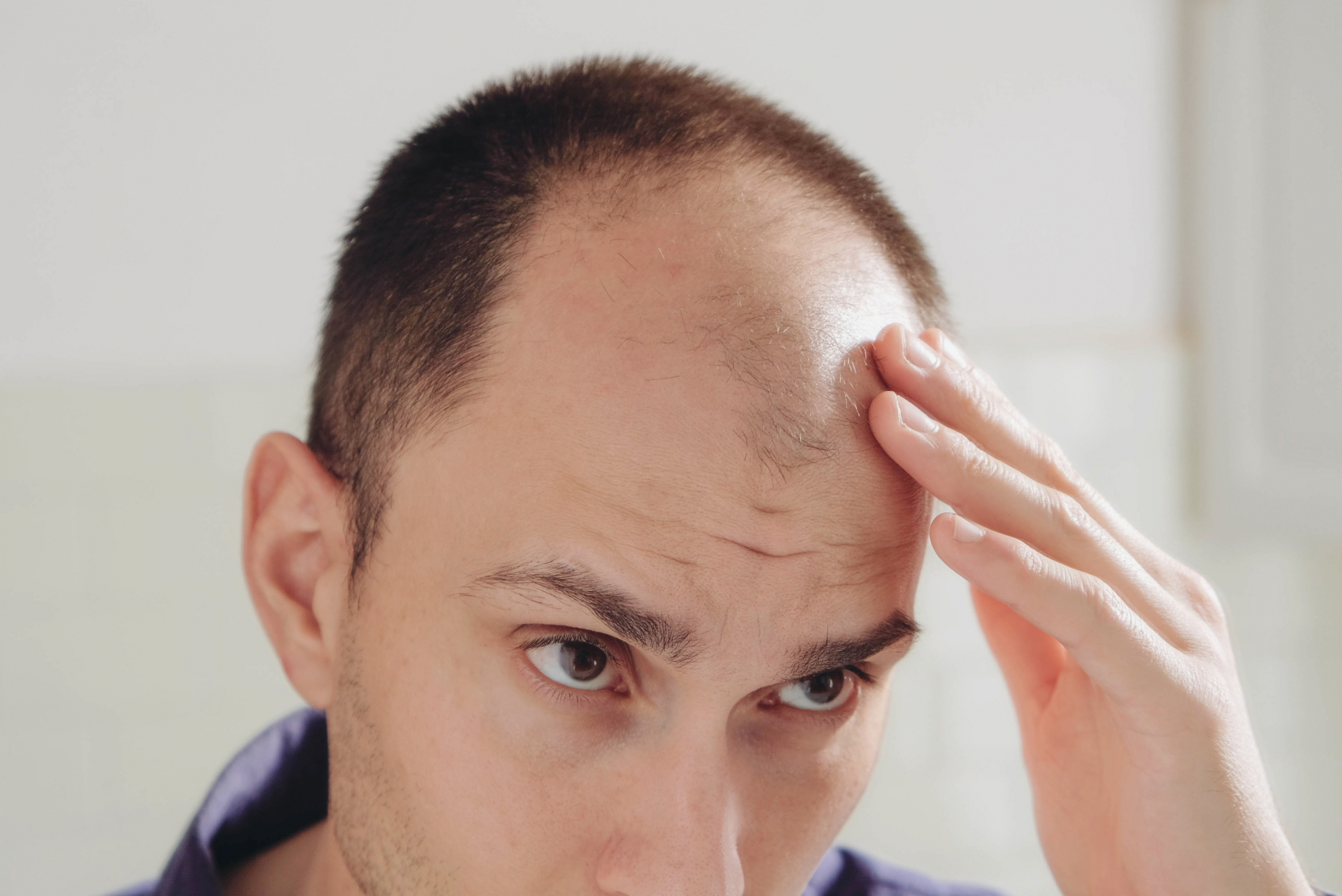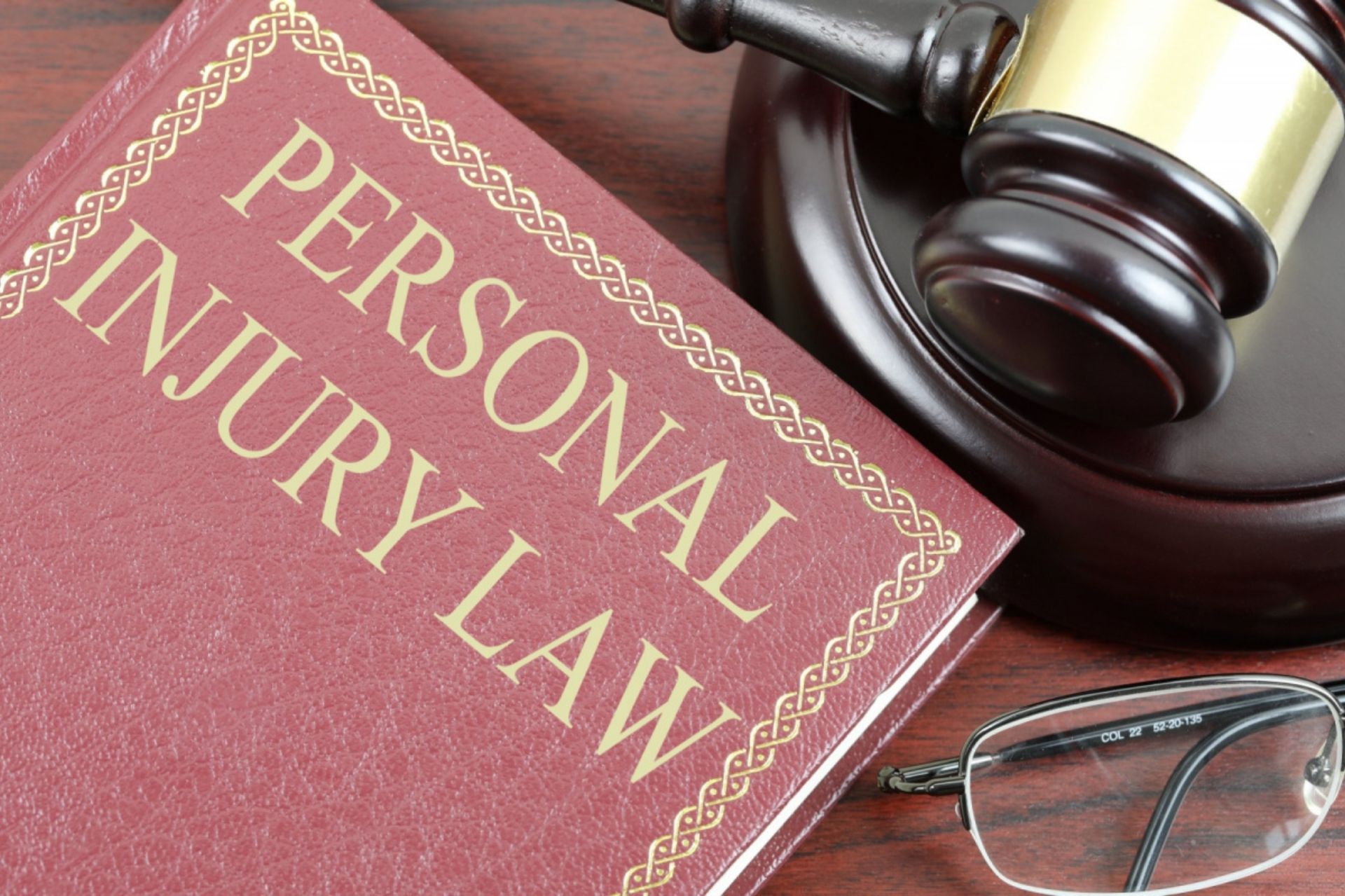Feeling down occasionally is a common symptom of life, but when the feelings of despair and hopelessness start to take over, it may be time to seek help.
Depression presents itself as more than a sensation of sadness in response to a setback or hardship in life. The depressive disorder will alter how you think, feel, and perform everyday tasks, making it difficult for you to cope with simple things. Those suffering are frequently overwhelmed and filled with emotion as they strive to get through the day.
Depression has been compared to being trapped in a “black hole” or encircled by a sense of impending doom. When men have this disease, they become irritable and agitated. It’s crucial to remember that these sentiments of hopelessness and despair are all symptoms of depression, not the reality of the situation.
Many famous people have suffered from depression – Winston Churchill called his depression “The Black Dog”. Churchill suffered from the illness all his life and used painting as a form of therapy. More modern treatments are available these days, meaning a person does not have to suffer from depression forever.
When left untreated, depression can become a serious health condition. No matter how helpless you feel, you can get better when treated appropriately. Understanding your triggers, causes, and coping mechanisms will help you take the first step towards overcoming the problem.
Signs and Symptoms
Depression tends to vary from patient to patient, but some common signs and symptoms may present themselves. These symptoms often get away with being the usual downs a person feels in life. The more symptoms you have, the longer they have lasted, and their severity will help determine whether you’re dealing with depression.
Listed here are some examples of the most common symptoms of depression:
- The individual suffers from feelings of helplessness and hopelessness.
- Lack of interest in things may have once been considered fun, no longer caring for hobbies, pastimes, or social interaction.
- The individual may experience sudden weight gain or weight loss.
- Sleep schedule changes. Depression, presenting itself as insomnia or oversleeping.
- Anger or irritability, feeling agitated all the time, or becoming violent.
- The individual may experience loss of energy and feelings of fatigue or sluggishness. Even the most minor tasks will feel exhausting or impossible to complete.
- People often have the feeling of self-loathing or strong feelings of guilt.
- People dealing with depression will often become hyper-critical of themselves and their mistakes or faults.
- People who have depression may engage in dangerous activities involving reckless behaviour such as drug abuse, excessive gambling, reckless driving, or dangerous sports.
- Struggling to concentrate, focus or make minor decisions is often accompanied by memory loss.
- The individual may feel physical pain like headaches, back pain, muscle aches, and stomach issues.
Depression and Suicide Warnings
Depression is a catalyst for suicide. When stuck in moments of deep despair, pain, and hopelessness, depression victims will often feel that death is the only way to escape it all.
If you know someone exhibiting any of the following symptoms, seek help immediately as it may be a warning sign for a possible suicide attempt.
- They may be talking about suicide or self-harm.
- They might express their desperation or strong feelings of hopelessness.
- The person might be obsessed with death or dying.
- The person might get involved in reckless behavior that could lead to death.
- The individual may start visiting people and calling relatives as if it is the last time they will talk to them.
- The individual may begin to tie up loose ends with regards to possessions and assets.
- They may start using phrases such as “I don’t want to be alive anymore” or “you’d be better off without me.”
- There may be sudden mood changes or changes in personality.
- They may be absent for long periods.
If you suspect a member of your family or close friend is depressed and contemplating suicide, reach out to them and seek professional help. Open up to the person and try to comprehend what they’re going through. Reach out and tell them that they are not alone and that you are concerned about them.
Depression in Different Genders and Ages
Depression can vary according to where the person is in their life and their genetic makeup and gender.
Men
Depression will show up in men as feeling fatigued, irritability, struggling with sleep, lack of interest in hobbies, or inability to feel pleasure, little or no sex drive.
Men are less likely to acknowledge or voice their feelings of despair or self-loathing. Instead, it will show up as anger, violent outbursts, and reckless behavior.
Women
Women are more likely to feel prolonged bouts of guilt accompanied by excessive sleeping, overeating, and weight gain if they are depressed.
Depression is also impacted by a woman’s hormones during a menstrual cycle, pregnancy and menopause.
Teens
Teens tend to display signs of anger, irritability, and agitation. Signs of sadness are less common. Teens tend to suffer physical symptoms on top of the mood changes. I
If your teenager complains of headaches, stomach aches, or any other physical pains regularly, you might want to figure out what is going on.
Older Adults
Older adults tend to manifest depression in their physical health and appearance. Rather than having a mental impact, those suffering from depression will start to complain about feeling tired, achy, or forgetful.
In cases such as these, you’ll notice that the person has begun to neglect their appearance or refrain from taking necessary medication.
When to Seek Professional Help
Assume your encouragement and some positive lifestyle modifications aren’t enough to assist the individual. In that instance, you should seek expert assistance so that the individual can be exposed to suitable therapy choices.
Depression is a debilitating illness that can alienate people to the point that they no longer want to exist. If you or another person is suffering from this sickness, you should seek help as soon as possible to avoid the illness from taking hold and worsening.




































